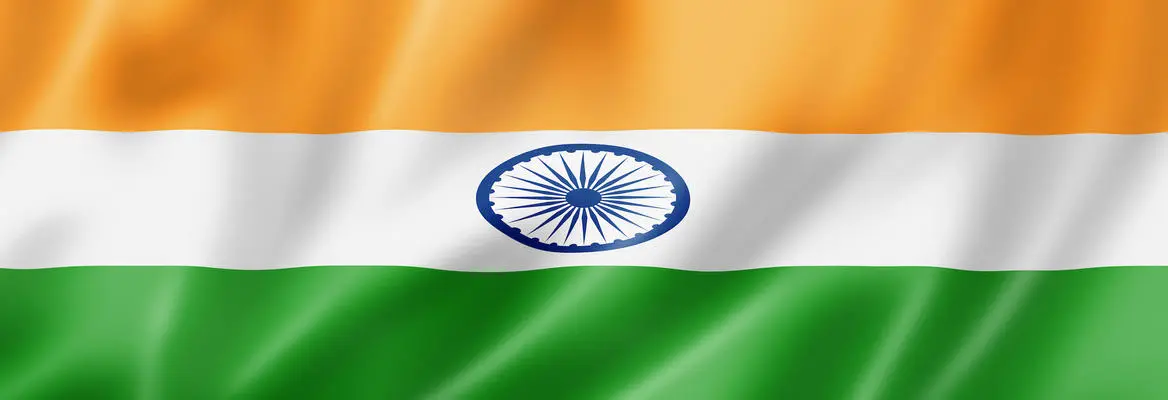The West claims that Putin’s war against Ukraine means that Russia is now isolated by the international community. But in fact, the exact opposite is happening. Most of the world is either pro-Russia or neutral with regards to the war in Ukraine. India’s neutral stance is critical to this international balance of power. And while India’s historical ties with Russia go a long way to explain the current situation, it is also India’s vision for the future that’s informing its attitude. Along with China and Russia, India is aiming to bring about an end to western global hegemony, and usher in a new era of a multipolar international order, argues Chris Ogden.
While it may seem from the Western perspective that Russia is turning into an isolated, pariah state due to its invasion of Ukraine, nothing could be further from the truth. In reality, the majority of the world, in terms of population, remains either neutral or pro-Russia concerning the conflict. India, with a population of over 1.38 billion people, accounts for a big proportion of that population balance. Moreover, New Delhi’s refusal to condemn Moscow’s military action reveals a significant shift in the global balance of power, which now appears to be tilting away from the once dominant Western powers.
New Delhi’s stance contradicted western strategic assumptions that India was a natural part of a pro-democracy bloc. Instead, India has shown itself to be a wily chameleon on the world stage that is able to foster positive relations with a range of countries that are often in competition with each other. It also underscored a lack of western knowledge concerning Indian diplomacy and strategy, in particular its multipolar vision of the future.
This future envisages an international system where a number of different major powers compete for influence in the global sphere, rather than the world being dominated by one country (as is the mainstay of the current international order under the US). Such a system would be politically pluralistic with neither democratic nor authoritarian regimes being wholly dominant. It would fundamentally signal the end of western hegemony in global affairs and a much more complex and unpredictable form of international politics, which would irrevocably disrupt the balance of power that the West has relied upon.
___
___
At its heart, such a future would be characteristic of India’s desire for strategic flexibility and autonomy, whereby New Delhi does not wish to be constrained by longstanding alliances but instead seeks multiple cooperative partnerships simultaneously, even if they are counter-intuitive in terms of strategic alignment. A wider multipolar order would normalise such complexity and seemingly erratic policies, and also mitigate against India ever being totally placed within the sphere of influence of powers such as the US or the UK. With other key major actors – including Russia and China – also vying for a post-hegemonic, post-western, multipolar future, such an outlook will be further formalised, which would allow India - and other major countries - to continue such chameleon tactics.
India and Russia have enjoyed a deep-rooted, enduring and resilient relationship dating from the 1950s. Stemming from the initial socialist orientation of Indian domestic politics, sizeable amounts of Soviet aid helped India to develop an autonomous heavy-industry and technological base. From this time, New Delhi also received Soviet military cooperation, and diplomatic support within the United Nations Security Council (UNSC).





















Join the conversation